


As India surpasses China to become the world's most populous nation, experts call for a focus on the needs of women, youth, and marginalized communities. With an estimated 142.86 crore population, India's fertility rate has stabilized, but the rights and access to resources for these groups are still inadequate. On World Population Day, the theme "Leave no one behind, count everyone" urges for a shift in focus towards reaching the unreached in terms of reproductive rights and health outcomes. Approximately 24 million women in India have an unmet need for family planning, highlighting the need for action and awareness.
World Population Day: India Overtakes China, Focus on Marginalized Communities
Background
World Population Day is observed annually on July 11th to raise awareness about the urgency and importance of population issues. Established in 1989 by the United Nations, it seeks to highlight the challenges and opportunities associated with global population growth, and to promote sustainable development.
India Surpasses China in Population
According to the United Nations, India's population has surpassed China's, making it the world's most populous nation with an estimated 142.86 crore people. While China's fertility rate has declined significantly, India's remains relatively high, contributing to its rapid population growth.
Focus on Women, Youth, and Marginalized Communities
As India faces the challenges of a growing population, experts emphasize the need to focus on the needs of women, youth, and marginalized communities. Women continue to face inequalities in access to education, healthcare, and employment, while youth and marginalized communities often struggle with poverty, discrimination, and lack of opportunities.
World Population Day Theme: "Leave No One Behind, Count Everyone"
The theme of this year's World Population Day, "Leave No One Behind, Count Everyone," highlights the importance of addressing the unmet needs of these groups. Reproductive health and family planning are crucial for empowering women and achieving sustainable development.
Key Facts
FAQs
Q: Why is it important to focus on women, youth, and marginalized communities?
A: These groups often face inequalities and barriers that prevent them from reaching their full potential, which can hinder overall development and social progress.
Q: What is the significance of family planning?
A: Family planning enables women to control their fertility and space their pregnancies, which can improve their health, empower them economically, and promote social equality.
Q: How can we ensure that no one is left behind?
A: Governments, organizations, and individuals need to collaborate to improve access to education, healthcare, employment, and resources for marginalized communities.
Q: What are the challenges to achieving sustainable development in India?
A: India faces challenges such as poverty, inequality, environmental degradation, and rapid population growth, which must be addressed through comprehensive policies and strategies.
Q: What is the role of international organizations in addressing population issues?
A: Organizations like the United Nations and the World Health Organization provide technical assistance, funding, and advocacy to support countries in addressing population-related challenges.

In a digitized effort, Chief Minister Devendra Fadnavis transferred a grant of ₹25 crore to 560 gaushalas across the state under the Desi Cow Conservation Scheme. This first phase of the scheme will benefit over 56,000 indigenous cows for their upkeep. Fadnavis emphasized the importance of preserving indigenous cows for rural development and praised the initiative taken by the Maharashtra Goseva Commission. With lower milk productivity, these cow shelters play a vital role in providing necessary care for non-milking and unproductive cows, making the scheme a major relief for them.

Samajwadi Party chief Akhilesh Yadav criticized the BJP for taking 10 months to select a national president, while Amit Shah countered by pointing out dynastic practices among opposition parties. Reports suggest that the BJP will announce its new national president by the third week of April to replace JP Nadda. Nadda's tenure was extended until June 2024, but the new president will still be chosen after a process involving the party's 12-13 crore members.
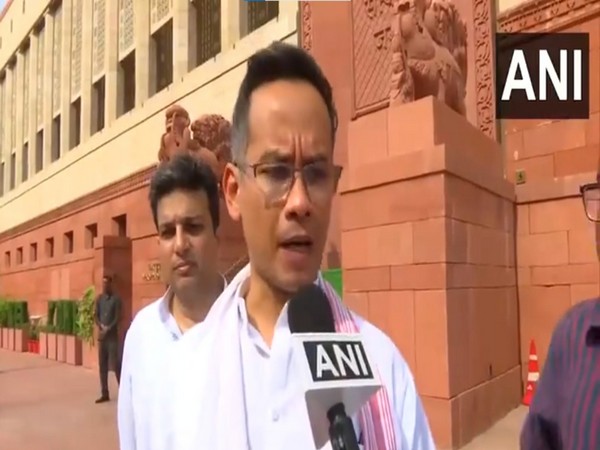
Congress MP Gaurav Gogoi vehemently opposes the Waqf amendment bill during a Lok Sabha discussion, stating that it is an attack on the foundation of Parliament and the Constitution. He also alleges that the government has ulterior motives for pushing the amendment, including diluting the Constitution, defaming minorities, dividing society, and disenfranchising the minority community. He questions the timing of the amendment and accuses the BJP-led government of restricting religious freedoms in India.
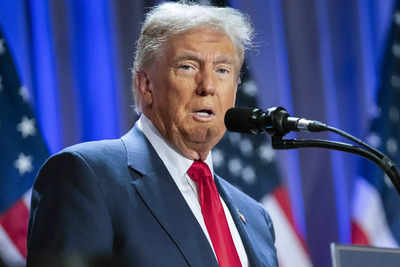
US President Donald Trump has sparked controversy by hinting at ways to stay in power beyond his second term. While the 22nd Amendment limits presidential terms to two, Trump believes there are "methods" to get around it. This raises concerns about the sanctity of democracy and the potential for abuse of power. The idea of a third term for any president has been largely rejected in American history, making this a crucial issue to watch.
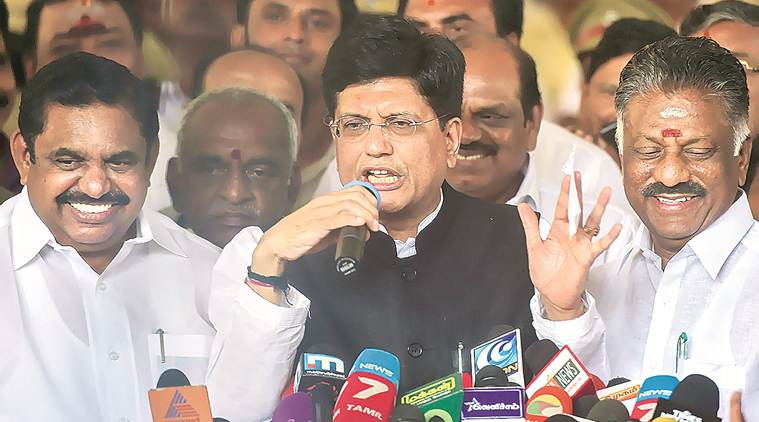
The Indian Express has reported exclusively that the BJP may ask K Annamalai to step down as the party's Tamil Nadu president, in order to avoid having both BJP and AIADMK's state election faces come from the Gounder community. This move is seen as a strategic decision to strengthen the BJP's alliance with AIADMK, as both Annamalai and AIADMK chief Edappadi K Palaniswami belong to this community. Despite his successful leadership style, Annamalai has reportedly been assured of a bright future within the party and has pledged complete loyalty.
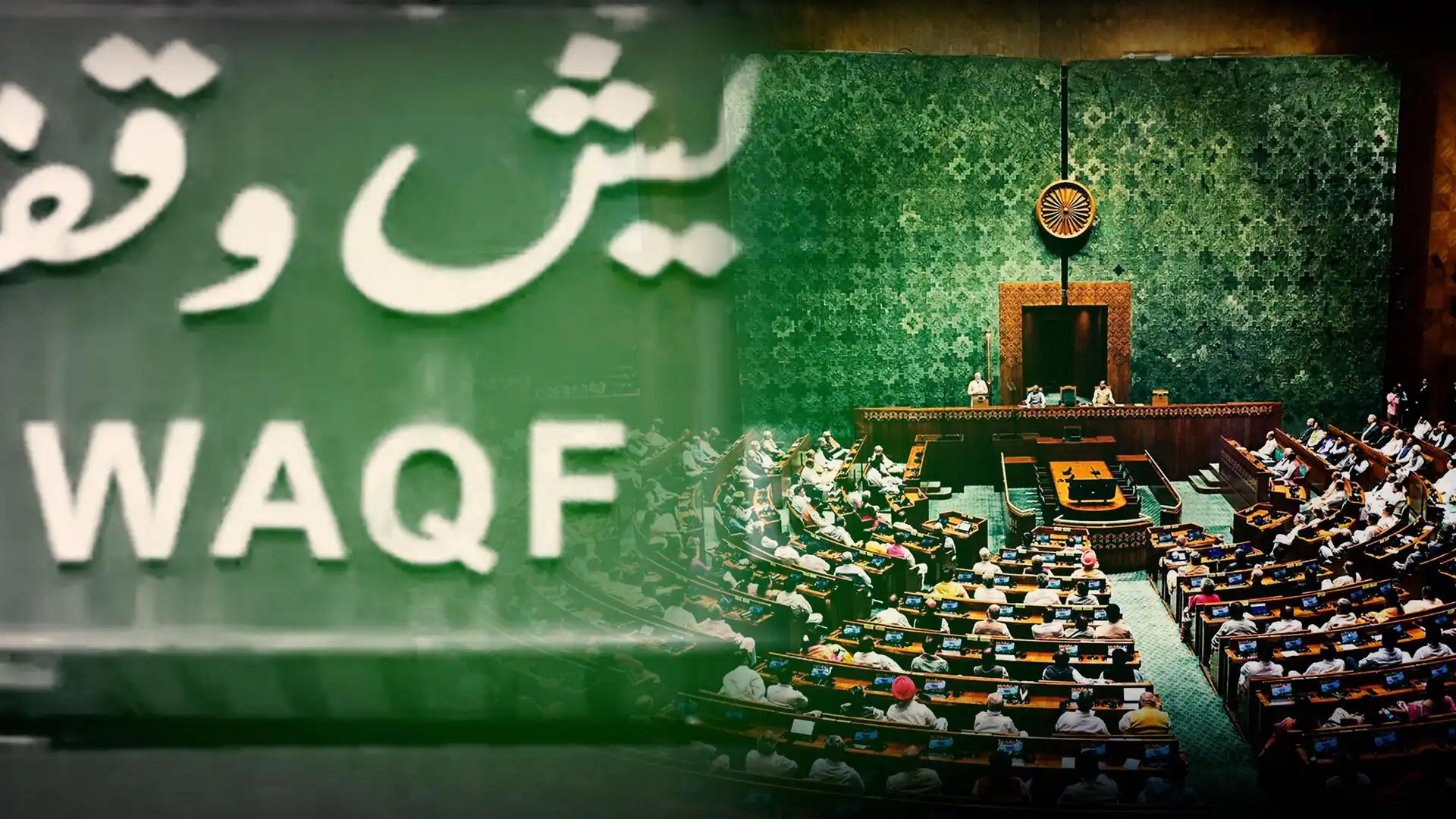
The Lok Sabha braces itself for a heated session as the Centre brings back the divisive Waqf (Amendment) Bill for consideration and passage. The eight-hour debate, agreed upon by leaders from all major parties, could be extended after taking the sense of the House. The previously introduced bill had faced backlash from the Opposition and was sent to a Joint Committee for further scrutiny, leading to clashes over proposed amendments and dissent notes being allegedly redacted. Some of the biggest points of contention include allowing non-Muslims to hold key positions in the Waqf board, giving power to the District Collector to determine ownership of disputed property, and removing the tribunal's final decision clause.

Prime Minister Narendra Modi and Chilean President Gabriel Boric Font held discussions on enhancing bilateral relations between India and Chile, particularly in the economic, commercial, and societal sectors. They also paid tribute to Mahatma Gandhi at Raj Ghat and announced the start of negotiations for a comprehensive economic partnership agreement. The Chilean President is on a five-day state visit to India, accompanied by a high-level delegation.
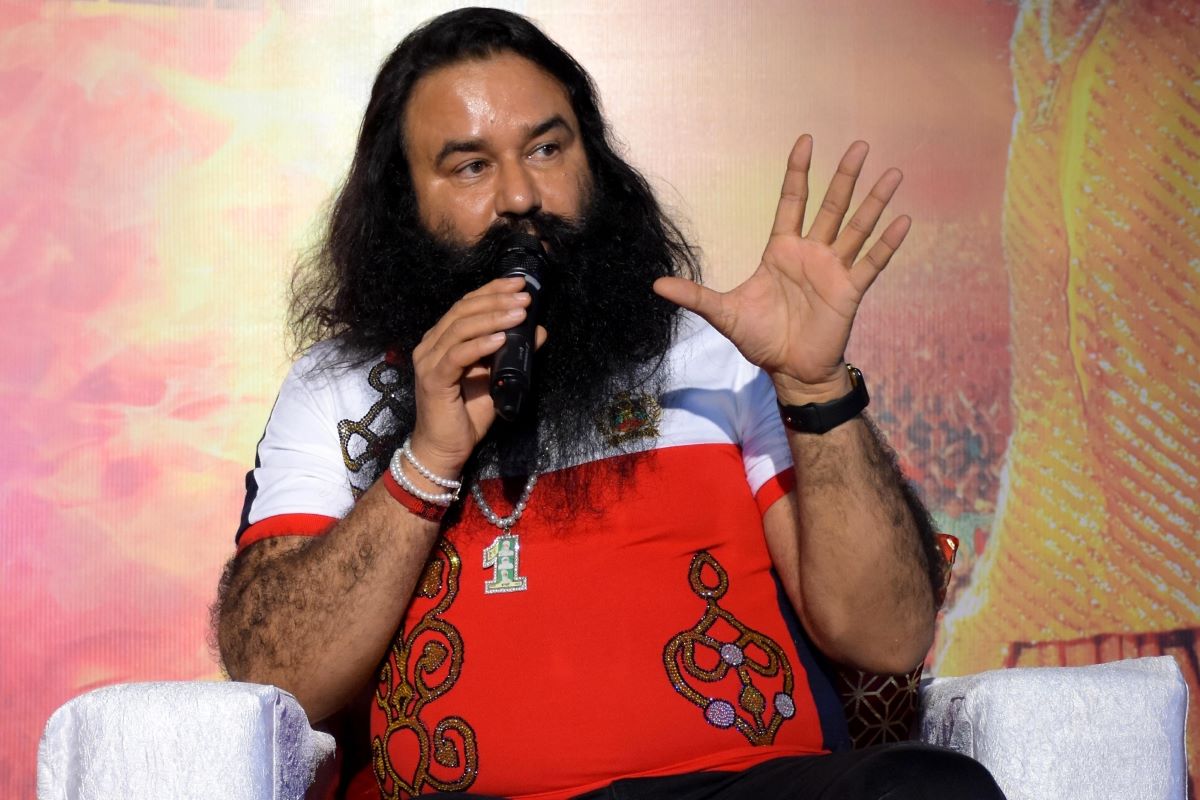
The controversial Godman, Ram Rahim, who is serving a 20-year jail sentence for rape, has been granted a 30-day parole by the Haryana government. His release coincides with the upcoming assembly elections in Delhi, raising questions about the timing of the decision. Ram Rahim's parole last year before the Haryana assembly elections was also met with criticism. With a mass following in Punjab, Uttar Pradesh, and Haryana, the parole has sparked a debate on the influence of religious leaders in politics. IBNS, an objective news agency, strives to provide factual and unbiased news without any biases or agendas.
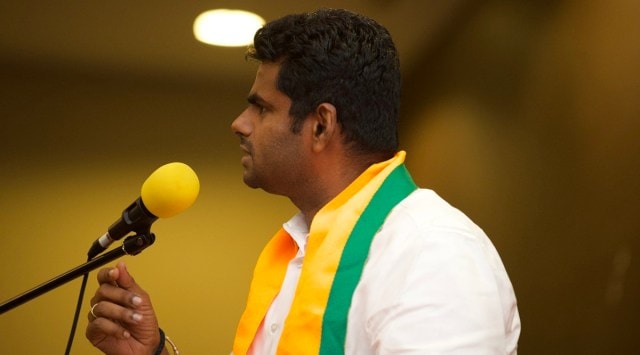
It has been speculated that K Annamalai, the current BJP Tamil Nadu president, may step down from his position as alliance talks between the BJP and AIADMK intensify. The move comes amid concerns over caste equations and the BJP's strategy to consolidate its hold beyond the western region of Tamil Nadu. Sources reveal that Annamalai has expressed complete loyalty to the party and may take on a national role or a different assignment in the state.
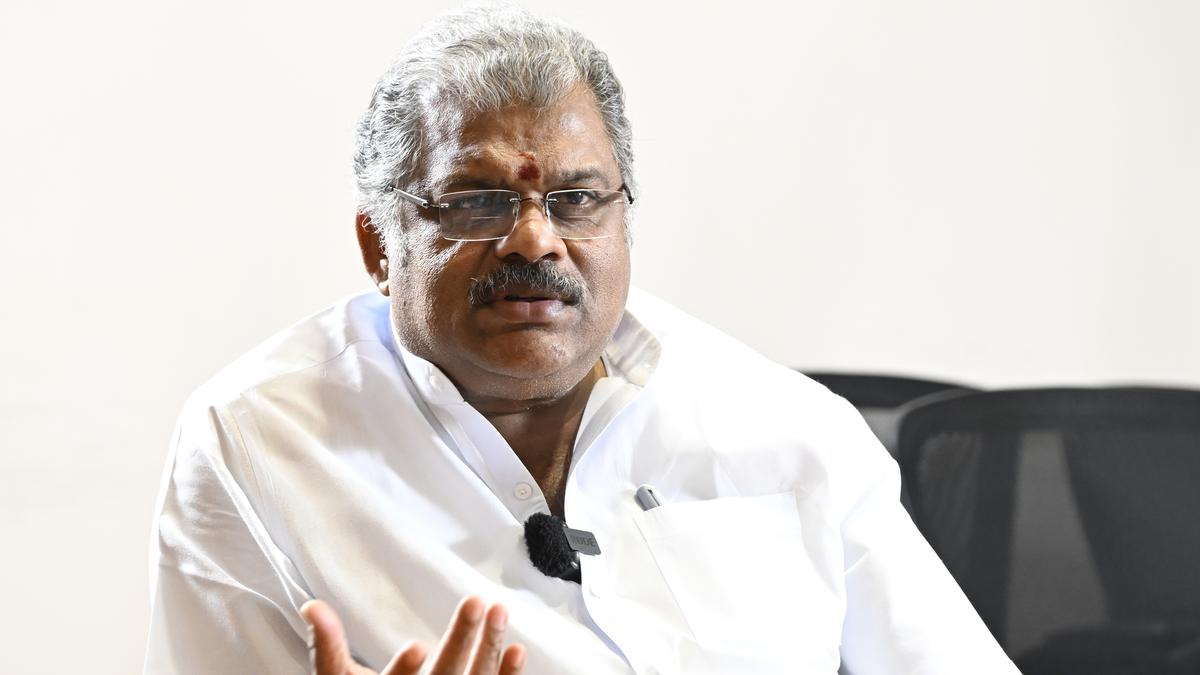
In a scathing attack, Tamil Maanila Congress leader and former Union Minister G.K. Vasan criticized the DMK government in Tamil Nadu for the deteriorating law and order situation in the state. Vasan accused the ruling party of using divisive issues to distract from their failures, corruption, and scams. He demanded a white paper on the alleged Rs 1,000-crore financial fraud involving the state-run corporation responsible for liquor sales. The Enforcement Directorate has conducted raids in connection with suspected financial irregularities, targeting the TASMAC headquarters, distilleries, and liquor contractors.